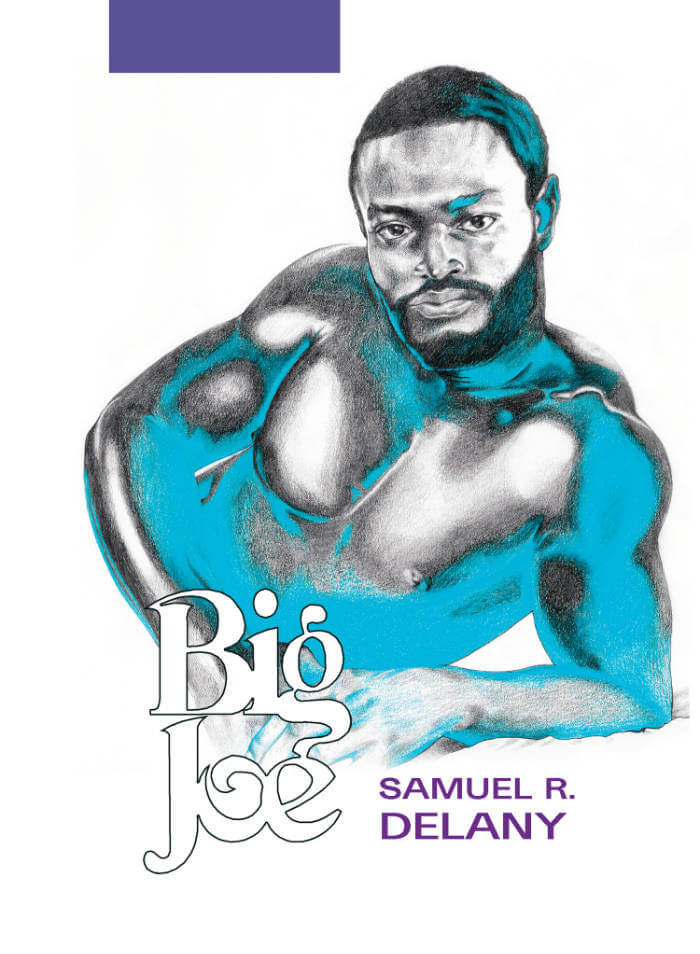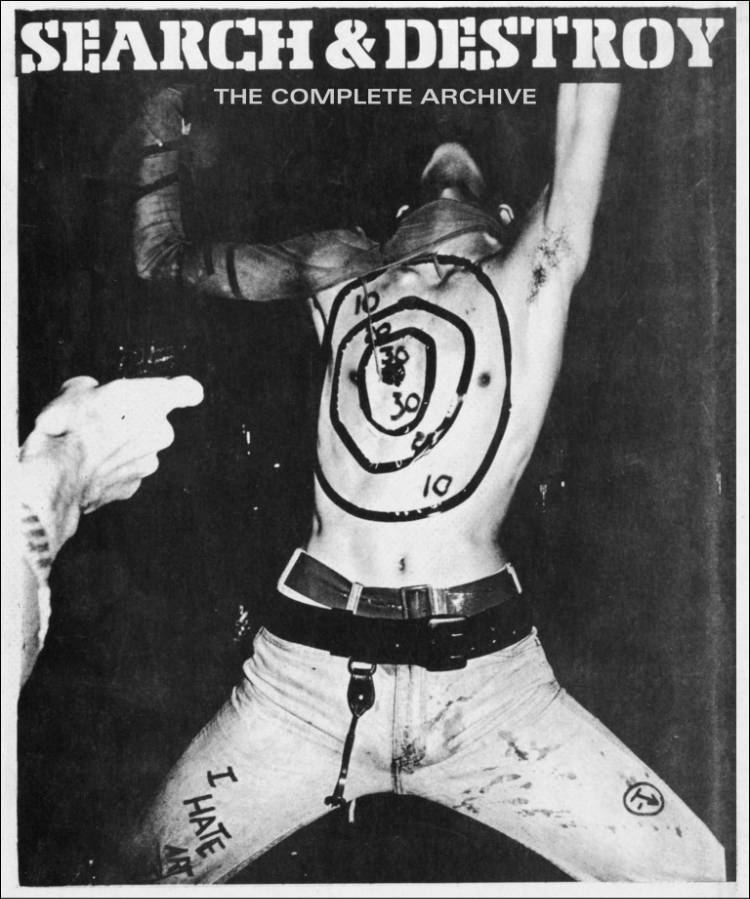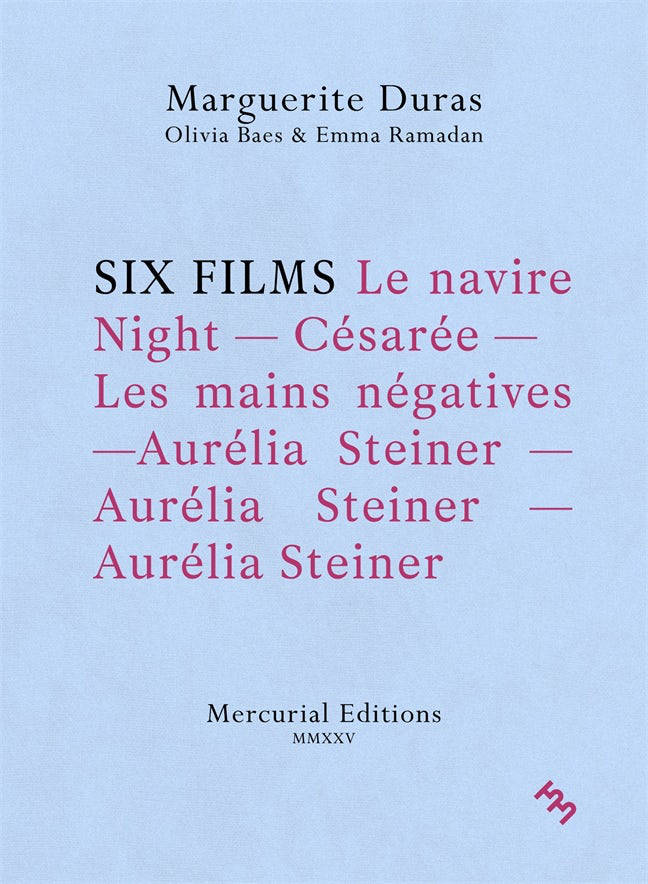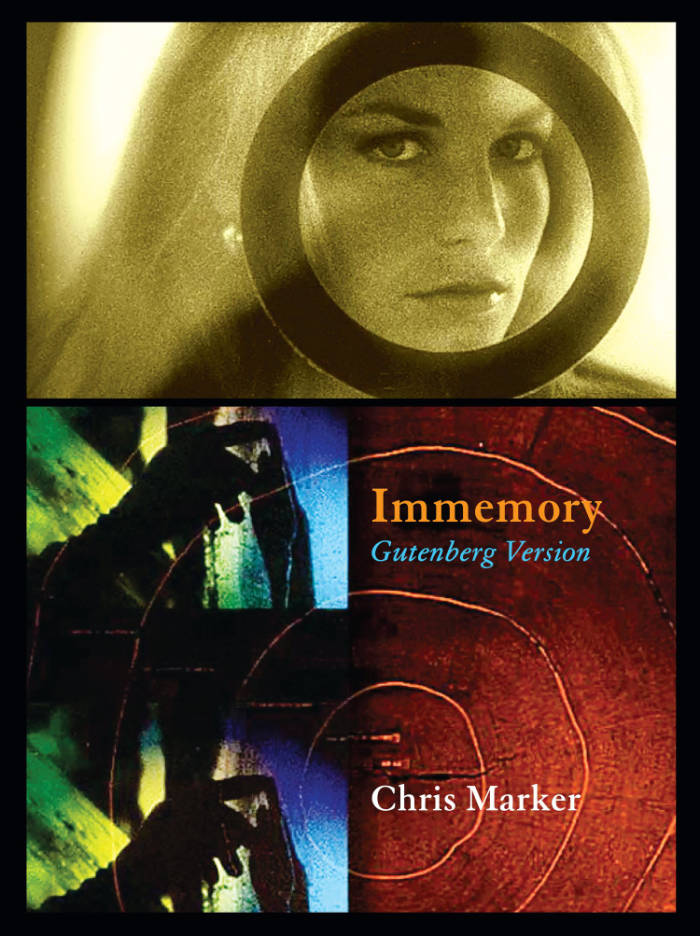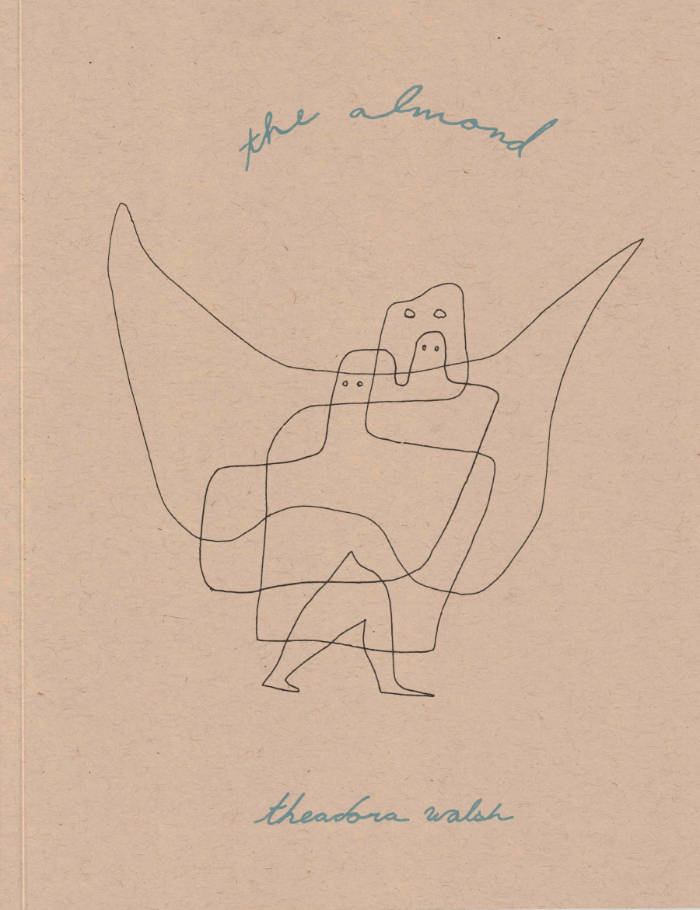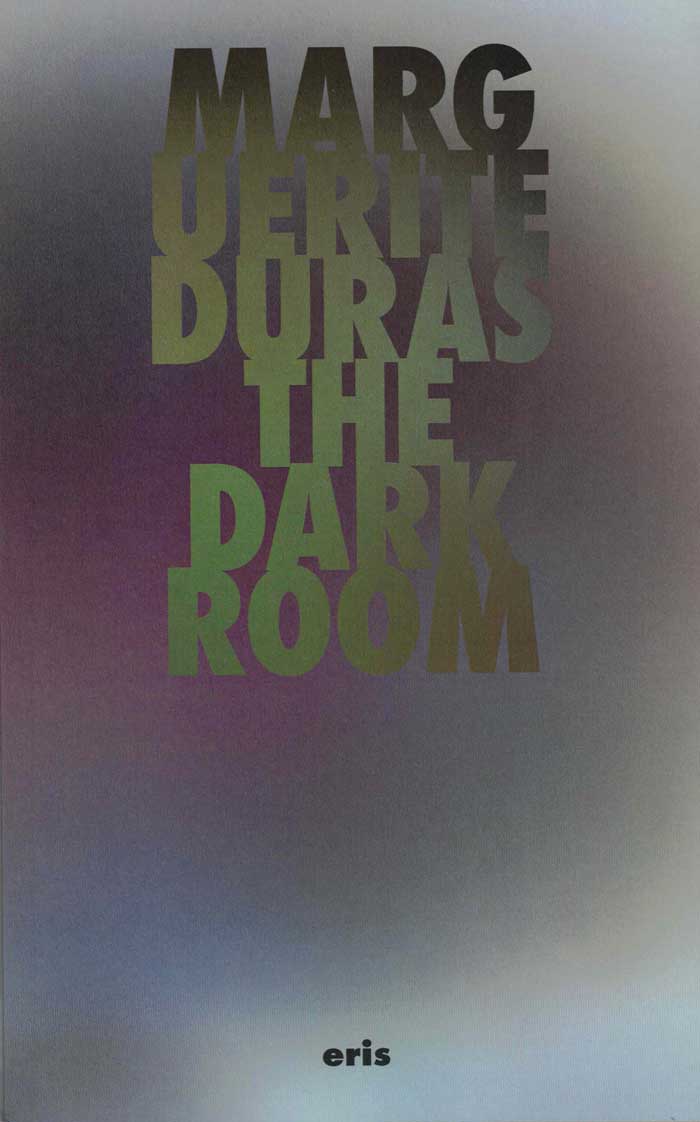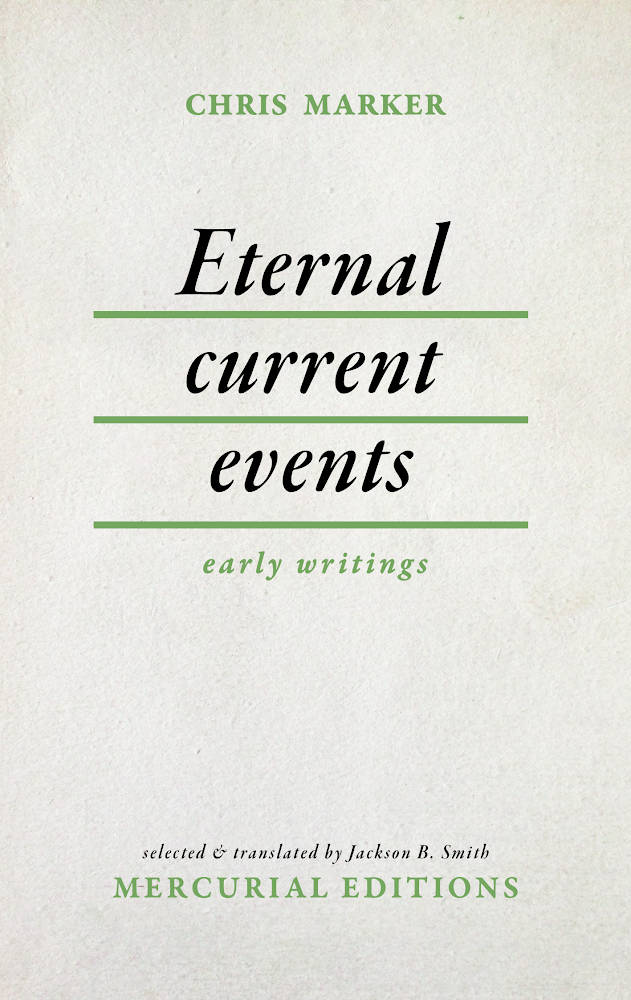
Eternal Current Events: Early Writings
Chris Marker, Jackson B. Smith trans.
Before making his first films in the 1950s, Chris Marker was a regular contributor to the Paris-based magazine Esprit from 1946 to 1952. Unbound by genre or form, Marker's pieces range from short stories, essays, poems, and reviews to fabricated reportage and invented news affairs, all gemmed with the hallmarks of his style: a blurring of reality and imagination, a wry sense of humor, a sustained political engagement, and, of course, a limitless curiosity for animal life.
Eternal current events marks the first time these exemplary works are available in English, published in an adapted facsimile of the original periodical. In these short selections, what one encounters is less a past life before his turn toward cinema than a preamble to his celebrated body of work. Moving images did not replace Marker’s production as a writer but were incorporated into it. Before the “imaginary films” there were “imaginary current events”; before the travels through time in La Jetée there was a bulletin rethinking the psychogeography of the around-the-world trip; and before the musings on a Japanese temple consecrated to cats in Sans Soleil, there was a summary report on the theological implications of the 1952 Parisian Cat Fair. Marker did not just begin his career as a writer, he remained one throughout his life.

